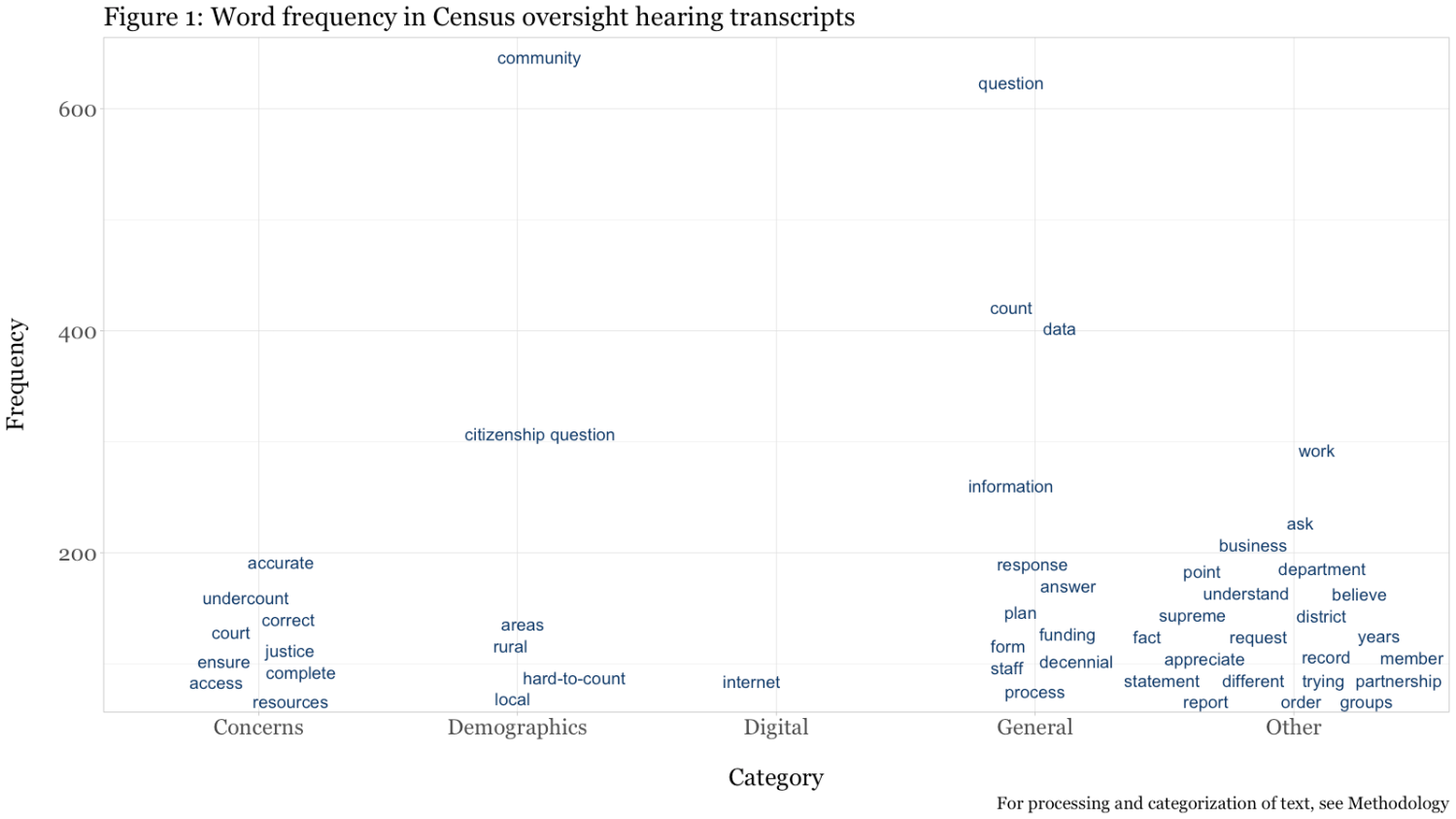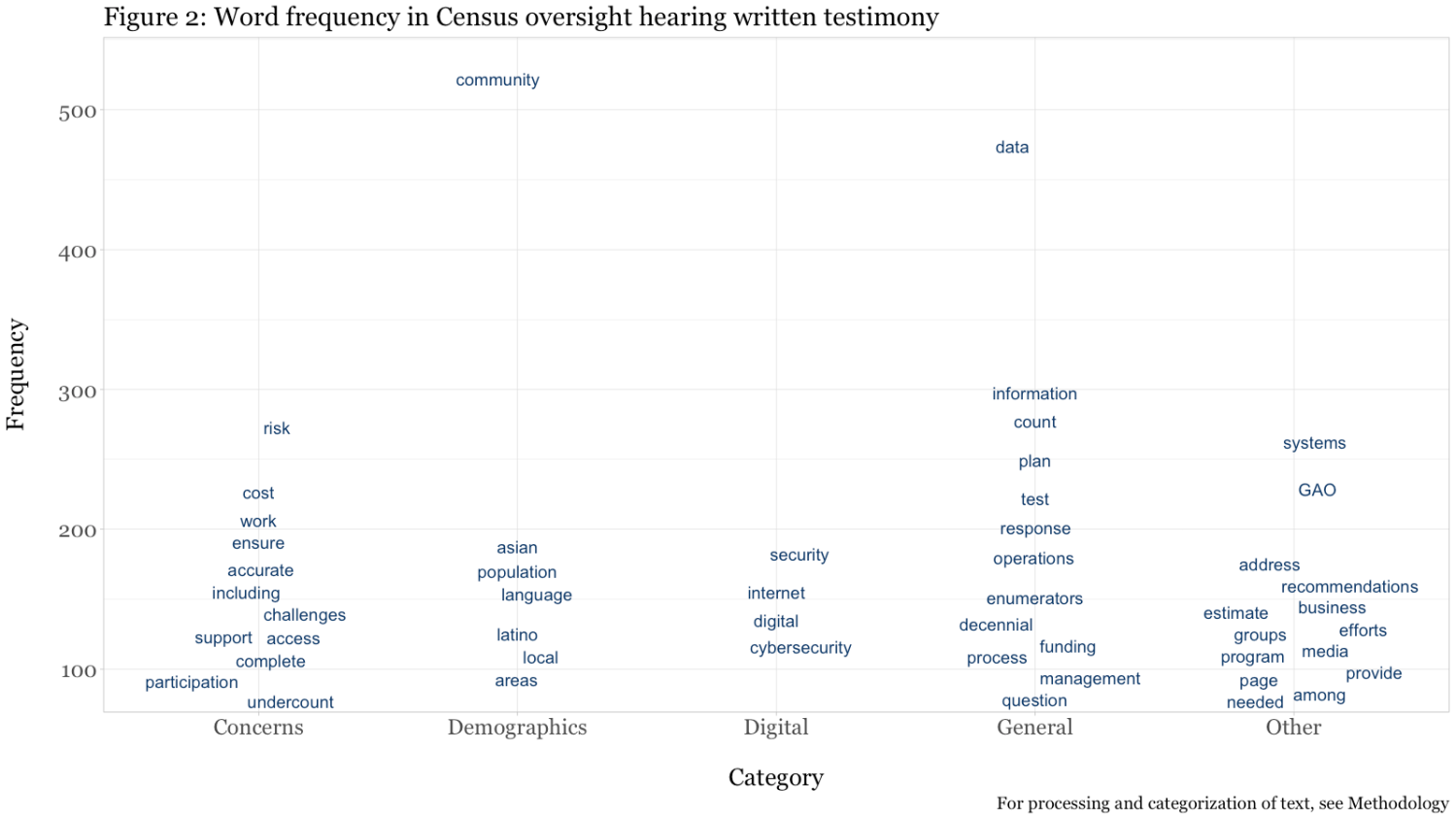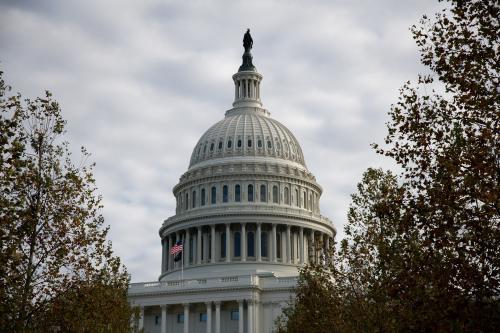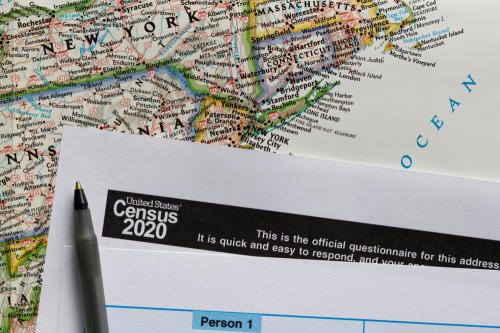If you haven’t already, please go to 2020census.gov and complete the Census for your household. You can also encourage other members of your community to participate!
On Saturday, the United States Census Bureau announced it would be further suspending all field operations until at least April 15th in an attempt to prioritize employee safety amid the spread of COVID-19. Concerns about how this change in procedure will affect eventual data outcomes are highly warranted due to the importance of the census in congressional redistricting and the distribution of federal resources, not to mention as a constitutional mandate.
This year, for the first time ever, the collection of census information will be almost entirely digital. Households will have the option to submit their information on the web, via a mobile application, or through a short telephone call, and data will be stored in a cloud system rather than cycling through the Census Bureau’s processing office and the National Archives. Unfortunately, COVID-19 quarantines have begun to highlight the stark digital divide among U.S. communities, as many Americans have lost access to public spaces such as libraries that could mitigate digital reporting inequities.
Considering the current circumstances, it is important to understand Congress’s ongoing oversight of the census. Over the last 15 months, House committees have held 7 hearings and sent 13 letters related to oversight of the 2020 census. The main topic of these actions has been the controversial citizenship question proposed by the Trump administration. In fact, all but one oversight letter focused on this topic. The question made national headlines after the House Oversight and Reform Committee took numerous steps to prevent President Trump from adding it to the census. In June, the Supreme Court ruled that including the question was not reasonably justified, thereby blocking the Trump administration’s efforts.
Congressional hearings on the census have had a broader focus than oversight letters on the topic but questions from lawmakers still may have been too narrow in scope. Figure 1 provides a close examination of the most used words across six of the seven census hearings.[1] Lawmakers questioned expert witnesses about some of the census’s most prevalent concerns such as demographic change, general challenges, digital infrastructure, and implementation methods.
However, the subject matter lawmakers chose to focus on in hearings did not perfectly match the expertise on which witnesses were prepared to testify. Figure 2 shows the top 50 words found in written testimony which witnesses submitted prior to each hearing. The most glaring differences between written testimony and hearing transcripts are the significant drop in frequency of the term “citizenship question,” which no longer appears in the top 50 words, and the increased witness focus on words related to digital topics.
In written testimony, many witnesses highlighted the issues around the census’s transition to digital data collection: chiefly, that developing a new system from the ground up has led to cost overruns and cybersecurity threats as the Bureau struggled to overcome a tight budget and a looming deadline. Perhaps a more thorough focus on the digital aspect of the upcoming census would have better prepared the Bureau for the unforeseen circumstances that the COVID-19 pandemic has presented and the problems that certain populations face in accessing broadband networks.
On March 13, House Democrats sent Census Bureau Director Steven Dillingham an inquiry regarding plans to ensure the quality and accuracy of data collection in the wake of the outbreak. The letter emphasized concern for an undercount of hard-to-count populations but did not address how the transition to digital collection methods may cause further demographic disparities in response rates.
Only a few committees have taken oversight action to address census concerns regarding COVID-19. Recently, four Democratic members of the House sent Secretary of Commerce Wilbur Ross a letter inquiring about how his department plans to address new challenges to the census in the midst of the COVID-19 crisis. With 166 House members across 10 states at risk of losing seats to redistricting, members are acutely aware of the potential impacts of an improper data collection. Thus, ensuring an accurate count should produce bipartisan incentives that many members can get behind.
As the spread of COVID-19 continues to undermine collection efforts, the choices Congress makes to oversee an accurate census will have a dramatic effect on the state of public policy during the next decade and beyond.
Methodology
To identify the most common words in congressional oversight hearings of the 2020 census, authors used RStudio to create two corpuses of hearing transcripts and witness written testimony and subsequently cleaned the text using common techniques for dealing with government documents. English stop words were removed, as well as names of committee members and numbers. Plurals and stem words were also consolidated to account for duplication and eliminate unnecessary repetition in our data.
After processing the text, words were tabulated, and the top 50 words in each category were distributed into the following categories based on common themes:
- Concerns: Words related to both the legal and organizational concerns that the Census Bureau is met with each census cycle. As an operation, the Bureau must ensure that it is rising above all challenges to collect a census with a high turn-out rate which is “timely, relevant, and cost-effective while abiding by titles 13 and 26 of the U.S. Code.”
- Demographic: Words related to racial data and populations targeted in the census to ensure a fair and accurate count.
- Digital: Words that are related to the technological advances that are occurring in transforming the census into its digital form, as well as the problems the Bureau has run into so far with its rollout (i.e. privacy and security).
- General: Words pertaining to the general operation and rollout process of every census.
- Other: Words that don’t align with the other four categories, but still were among the top 50 words that appeared most frequently in both hearing transcripts and witness testimony.
[1] Analysis in Figure 1 does not include transcript for House Committee on Oversight and Reform hearing on February 12, 2020, “With Census Bureau Director, Dr. Steven Dillingham” as committee has not yet published the transcript. Authors chose to remove witness written testimony for this hearing from the Figure 2 analysis to ensure consistency in visual analysis.
The Brookings Institution is committed to quality, independence, and impact.
We are supported by a diverse array of funders. In line with our values and policies, each Brookings publication represents the sole views of its author(s).











Commentary
Congressional census oversight: Underprepared for COVID-19 digital challenges?
April 2, 2020